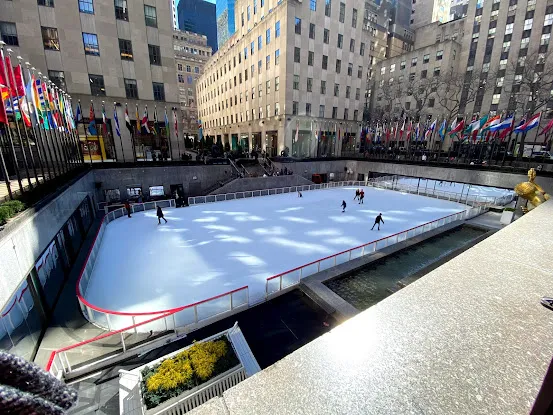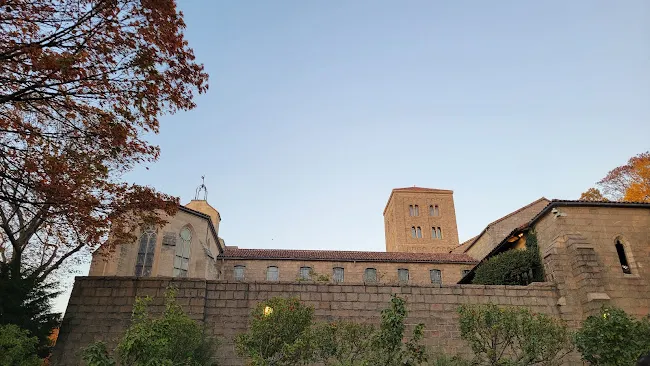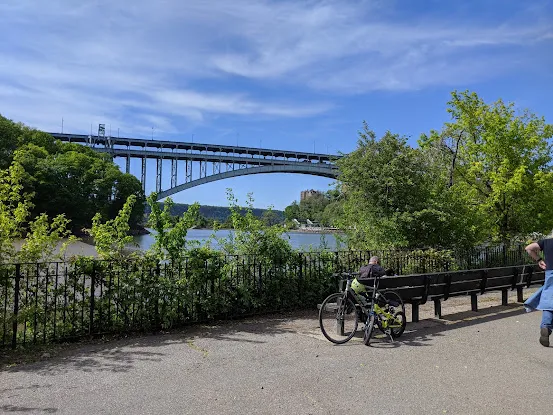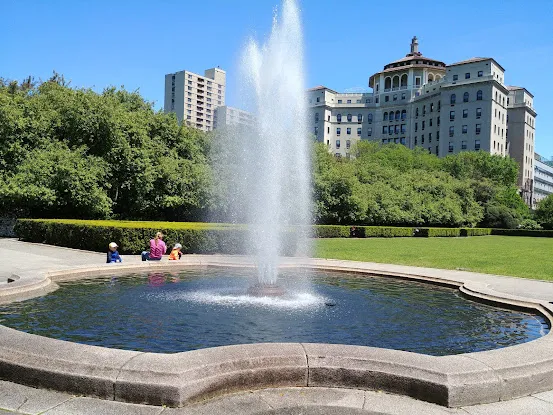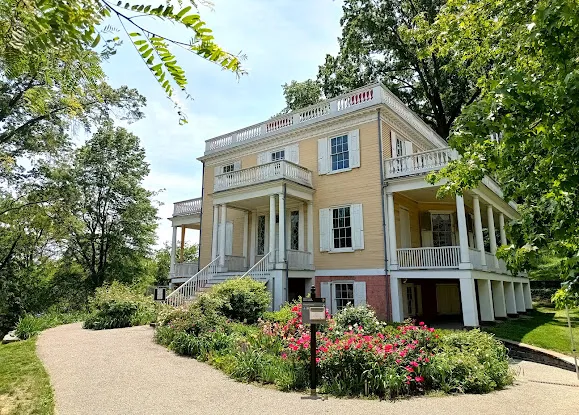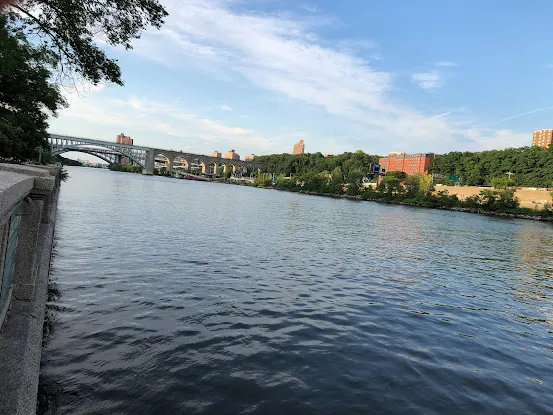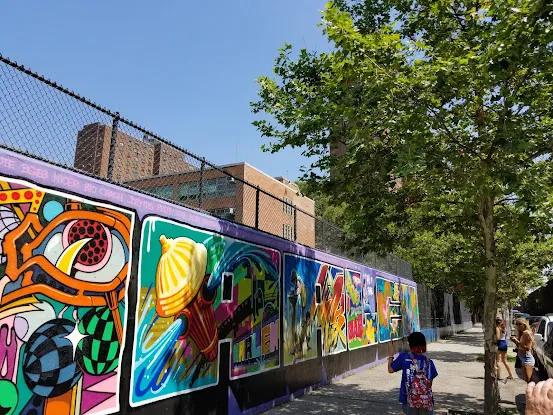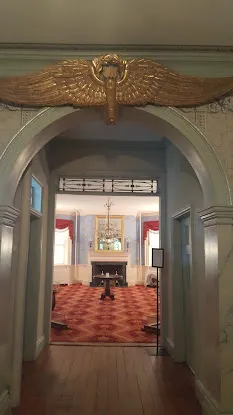Cultural landmark Uptown Manhattan

The Little Red Lighthouse
Uptown Manhattan
Fort Washington Park ሁድሶን ሪቨር ግሪንዌይ New York, NY 10032 United States
Cultural Landmarks in Uptown Manhattan
Uptown Manhattan is a vibrant area rich in history and culture, offering an array of cultural landmarks that attract both locals and visitors. From stunning museums to historic sites, this part of the city is a testament to the diverse cultural heritage that defines New York City.
1. The Metropolitan Museum of Art
Known simply as "The Met," the Metropolitan Museum of Art is one of the largest and most prestigious museums in the world. Located on the eastern edge of Central Park, it houses over 2 million works of art spanning 5,000 years of history. The museum's grand architecture and vast collections, including masterpieces from ancient Egypt, classical antiquity, and European paintings, make it a must-visit cultural landmark in Uptown Manhattan.
2. The Apollo Theater
The Apollo Theater, located in Harlem, has been a cornerstone of African American culture since it opened in 1914. This iconic venue is famous for launching the careers of legendary artists such as Ella Fitzgerald, James Brown, and Aretha Franklin. Visitors can attend various events, including the renowned Amateur Night, where emerging talent performs on stage, continuing the theater's rich legacy of showcasing diverse music and performance art.
3. The Cloisters
For those seeking tranquility and a unique cultural experience, The Cloisters is a branch of The Met dedicated to the art and architecture of medieval Europe. Nestled in Fort Tryon Park, this museum is designed to resemble a medieval monastery, featuring beautiful gardens and stunning views of the Hudson River. Its collection includes exquisite tapestries, illuminated manuscripts, and religious art, providing visitors with a serene escape into the past.
4. The Studio Museum in Harlem
The Studio Museum in Harlem focuses on contemporary art by artists of African descent. It serves as a vital space for exhibitions, education, and community engagement. The museum hosts rotating exhibitions that highlight emerging artists and their contributions to the art world. With its commitment to showcasing the cultural achievements of the African American community, the Studio Museum is an essential cultural landmark in Uptown Manhattan.
5. The National Jazz Museum in Harlem
Jazz lovers will appreciate the National Jazz Museum in Harlem, which celebrates the rich history and influence of jazz music in America. The museum features exhibits, performances, and educational programs that highlight the genre's evolution and its impact on global culture. Visitors can enjoy live performances and engage with knowledgeable staff, making it a hub for jazz enthusiasts and cultural exploration.
Uptown Manhattan is not just a geographical area; it is a cultural treasure trove that reflects the city's diverse history and artistic expression. Each of these landmarks contributes to the rich tapestry of cultural identity that defines this vibrant neighborhood. For more information on the cultural offerings of this iconic area, visit www.manhattan-nyc.com.
